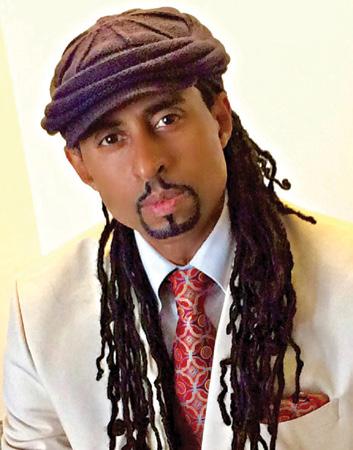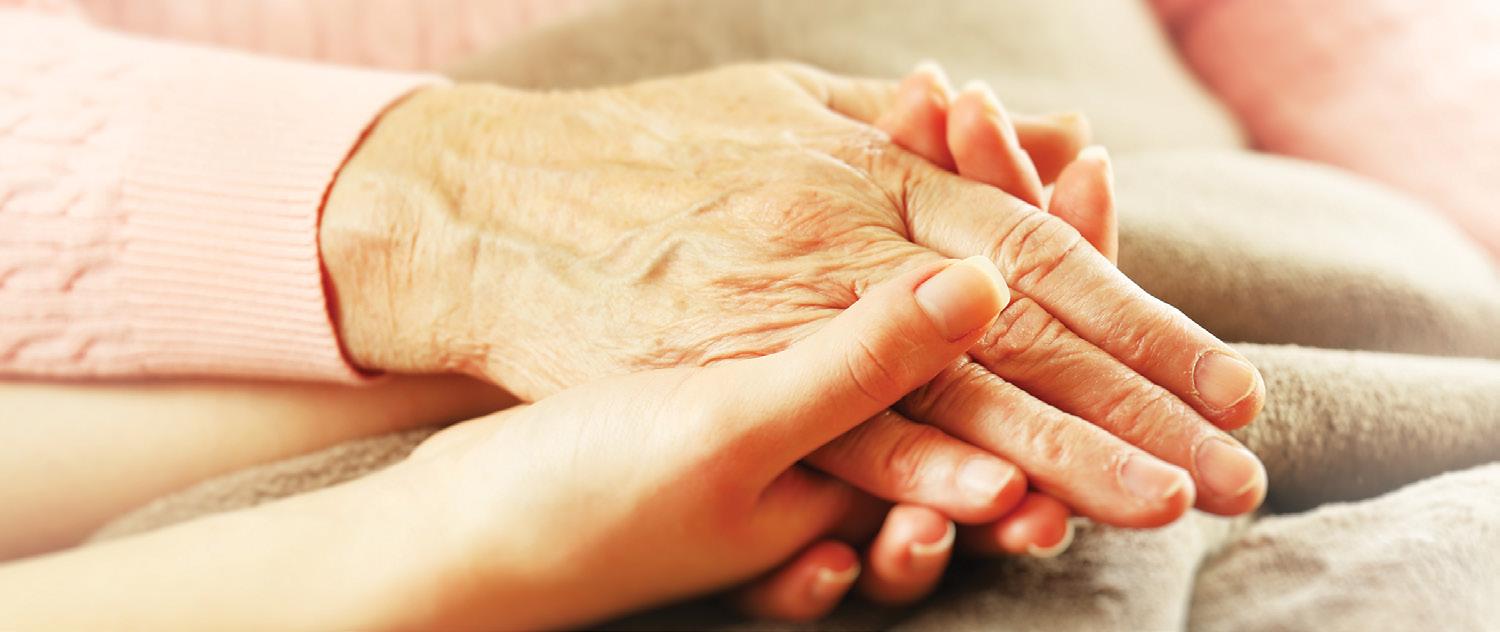Yastremska/Bigstock.com
Transitioning from Caregiving Finding Self Again After the Patient Passes by Patricia Staino
“T
here are only four kinds of people in the world: those who have been caregivers, those who are currently caregivers, those who will be caregivers, and those who will need caregivers.” Former First Lady Rosalynn Carter spoke these sage words, and never have they been truer. With the growing number of people afflicted with dementia and Alzheimer’s disease in the world, increasingly family members are called to take on the sacred (and onerous) responsibility of providing daily care to a loved one suffering through a long illness. Every caregiver’s story is different: Some accept these responsibilities out of love, others out of obligation. Some express grief, others anger, many a deep loneliness. They often operate on autopilot, juggling work, home, children, and patient care. And no matter how many people are in the household, caregiving often feels like a lonely journey on a never-ending road. But it does end. Eventually, the loved one transitions to the next stage of being, leaving behind this world and the failing body they inhabited. The caregiver is left behind to grieve, of course, but also to “get back to normal.” In truth, they start over. Just as their loved one has transitioned, the caregiver transitions as well, to their next Self. Before that transformation, however, they face complex emotions that can feel like barriers to a prosperous transition.
Grief
No family caregiver truly is prepared for their loved one’s passing, no matter how much time they’ve had to prepare. For a caregiver, 16
New Haven/Middlesex
NaturalNewHaven.com
thinking about the inevitable death of the loved one they care for somehow feels like a betrayal—as if they are wishing the patient out of their life. So, when the loved one does pass, the family caregiver often feels intense grief at the loss. After all, the caregiver spent more time with the patient than other family members, and much of that time was quite intimate—bathing and dressing them, feeding and soothing them. Acknowledging this sense of loss—by telling a friend, pastor, counselor, or other family member—can start the process of grieving (and healing) almost immediately. Simply saying, “It’s so odd to look over at their chair and see it empty,” can prompt a conversation that will culminate in sharing stories about your loved one, transforming a sad thought into a pleasant memory.
Relief
Alongside the grief, relief surges almost immediately when the family caregiver loses their loved one. They’ve watched the patient grow sicker and sicker, perhaps forgetting who they are and growing increasingly frustrated with a world they can no longer navigate. The most crushing emotion of all comes in watching a loved one feel pain, sadness, and fear. It’s not surprising, then, that caregivers breathe a sigh of relief when their patient breathes their final breath. Their loved one is safe and healed, and that’s a tremendous burden lifted from their shoulders. Yet, many caregivers feel further guilt about their relief. “The feelings are not mutually exclusive,” says Barbara Slaine,






